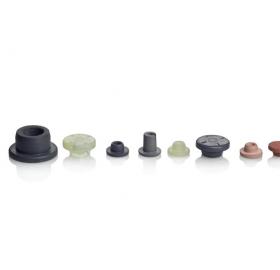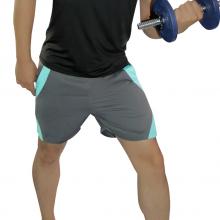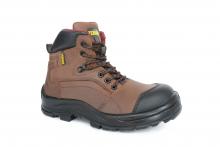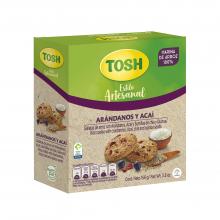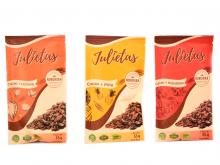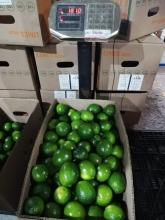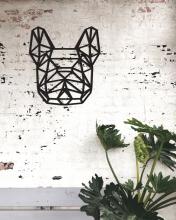Rubber Factory in Colombia
Rubber factories in Colombia are emerging in the Latin American market. Rubber has a wide variety of uses, such as the manufacturing of tires, rims, waterproof items, insulating items, sports fields, and clothes. Products like rubber conveyor belts, wires, coated fabrics, industrial rubber, and retreads are also popular uses of rubber. It has excellent elasticity properties and is resistant to acids and alkaline substances. Rubber is also commonly used for sanitary items, medical packaging, pharmaceutical packaging, as well as gloves.
According to data from the Colombian Cauchera Confederation, there are 60,000 hectares of rubber planted in the country. However, only 6,000 hectares are in production. The director of the entity, Juan Carlos Silva, explains that the latex from the trees can only be collected after seven years of planting the tree. The projection for 2023 is that there will be 60,000 tons of rubber. In 2018, Colombia exported $7.52 million in other rubber products, making it the 61st largest exporter of rubber products in the world. The main destinations for the exports were Ecuador, United States, Mexico, Peru, and the Dominican Republic, according to the observatory of Economic Complexity. The rubber market is characterized as being profitable and a good generator of employment.
Colombian rubber factories have emphasized their production in quality and compliance.
The price of rubber is affected by the use and demand for new synthetic rubber, which is made from synthesized polymers from petroleum byproducts. However, Colombia has the benefit of zero tariffs on rubber which gives it an advantage over other producers in the international market.
Rubber manufacturers have been implementing marketing strategies to attract more of the international market and reach other destinations in the globe.
